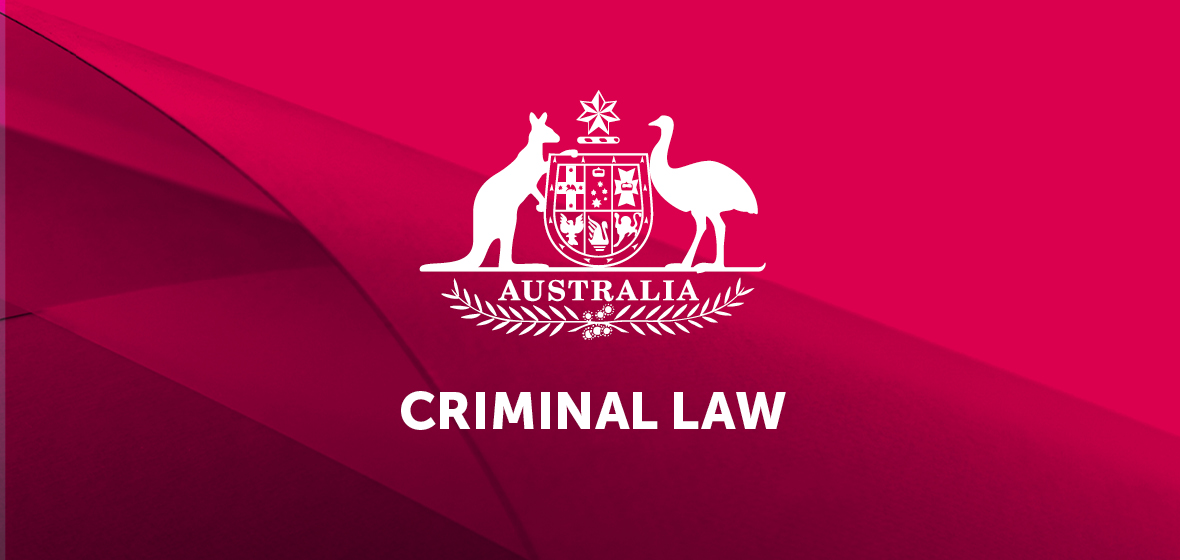Key decisions
- CMB v Attorney General for New South Wales [2015] HCA 9
- Bungie v R; Bungie v R [2015] NSWCCA 9
- M V R [2015] NSWSC 138
CMB v Attorney General for New South Wales [2015] HCA 9
In a case with an unusual history, the High Court (HCA) has considered who bears the onus in Crown sentence appeals, and how we should approach discounts for voluntary disclosures by an offender.
CMB was sentenced for a series of sexual offences against his daughter and sent to a treatment program (since terminated) called Cedar Cottage at which he was encouraged to make further disclosures to demonstrate a commitment to change. He made admissions to other offending which his daughter didn’t remember, was then charged for the further offences, and pleaded guilty to them. The District Court deferred imposing a sentence on the new matters so that CMB could finish at Cedar Cottage.
The Director of Public Prosecutions (DPP) publicly announced that he wouldn’t appeal, but for possibly the first time since the creation of the Office of the DPP in 1986 the NSW Attorney General separately announced that he would exercise his own right of appeal – and the Court of Criminal Appeal (CCA) agreed with him. When the CCA finds legal error, there is nevertheless a ‘residual’ discretion not to change the sentence. Having found error, the CCA turned the onus on the offender to convince the CCA why they should not impose a higher sentence. They also considered the discount (often called an ‘Ellis’ discount, after R v Ellis (1986) 6 NSWLR 603) that he should receive for voluntary disclosure of otherwise-unknown offences.
In the High Court there were two issues: who bears the residual onus if, on a Crown appeal, the CCA finds error; and what discount is reasonable for voluntary disclosures?
On the question of the onus, in two judgments all five High Court judges (at [33] and [66]) agreed that on a Crown appeal the onus is on the prosecution to show both an appellable error and to convince the court that the residual discretion should not be exercised (ie to convince the court that there was an error, and to do something about it). With due deference to our highest court, neither judgment really explains quite how that onus arises, other than to point to a 2002 NSWCCA judgment they all quite like.
On the question of voluntary disclosures, the Court split three / two on whether the CCA had erred. The majority (Kiefel, Bell and Keane JJ, at [77] to [78]) found that it is open to a court which is sentencing an offender following voluntary disclosures to impose a sentence that is disproportionately low. However, the sentence must not be ‘unreasonably’ disproportionate, and whether it is unreasonable is (circularly) a question upon which reasonable minds might differ.




